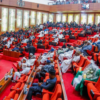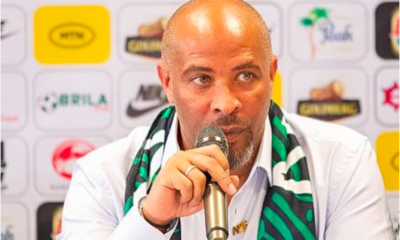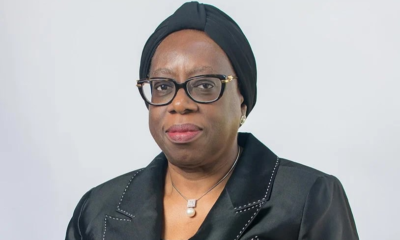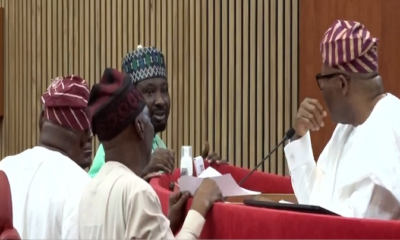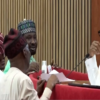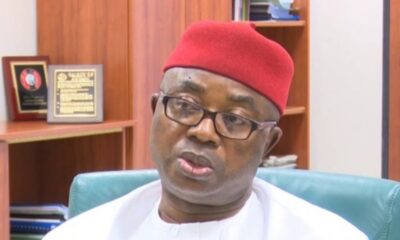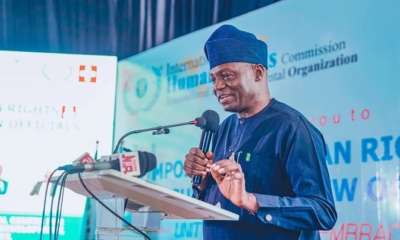Local News
Nigeria Launches Concessionary Gas Pricing to Boost CNG Autogas Market
The federal government has introduced concessionary gas pricing to make CNG cheaper for Nigeria’s growing autogas sector.
The federal government on Tuesday launched the concessionary gas pricing framework for Compressed Natural Gas (CNG) programme, with a view to making gas readily available and cheaper for the autogas segment in the country.
Speaking at the ‘Mobility CNG Supply Framework Kick-off Event’ in Abuja, the Chief Executive of the Presidential CNG Initiative (PCNGI), Michael Oluwagbemi, likened the framework to what happens in the power sector where Generation Companies (Gencos) get a ‘special’ pricing regime for gas-to-power.
Oluwagbemi recalled that the Nigerian Midstream and Downstream Petroleum Regulatory Authorities (NMDPRA), had earlier approved the concessionary pricing structure for autogas CNG nationwide.
This, he said, will allow autogas CNG to be priced as a strategic industry, much lower than even gas-to-power or gas-to-industries and will serve as one of the incentives of President Bola Tinubu for the auto CNG segment as part of his energy reforms.
“What we are doing here today is to flag off the implementation of that concessionary pricing framework. So we needed to do it in an organised fashion, create the proper market for autogas CNG, and also then develop the marketplace where people can actually make demand and pay for it.
“That market has been growing tremendously in the last year. We went from just 20 daughter stations in the country, to well over 65, as of this morning. We opened two new ones yesterday in Ibadan with Bovas. And we have, easily 27, 28 new ones coming up in the next four to five weeks. So there is a growing market.
“We just got the announcement by Mr. Aliko Dangote that he’s also adding another 100 daughter stations to the 175 that we have under construction. So you can imagine that we need to get this going in an organised way,” Oluwagbemi stated.
According to him, the demand for autogas has grown rapidly in the last one year, going from just 4,000 CNG vehicles in the country to well over 50,000, excluding trucks.
“Like I said, it’s not going to be a perfect market from day one, but our work is to make it more perfect. So every day, we are working on this. I would say that I estimate that we are looking to have at least 125,000 to 200,000 vehicles on the road, in addition to the one we already have running on CNG this year.
“We want to be on pace for 1 million. So, if we get closer to 250,000 or 300,000 total CNG vehicle count this year, at the end of this year, we’ll have done a lot of good work. Of course, this is an estimate, it’s not just the PCNGI that is doing this. The private sector probably converts about twice, if not three times the number of vehicles that we converted last time,” he added.
According to Oluwagbemi, the most important thing is to incentivise the private sector to do the work because they have a bigger share of the sector, explaining that what the government is doing is to create an enabling environment.



